In the retail industry, making informed decisions quickly is critical to staying competitive and ensuring customer satisfaction. With the rise of AI-powered solutions, retailers can now leverage advanced technologies to improve decision-making, optimise operations, and deliver personalised experiences to customers. AI tools are transforming the retail sector by enabling businesses to analyse vast amounts of data, predict trends, and enhance overall efficiency in real-time.
The Role of AI in Retail Decision-Making
Retailers face numerous challenges in a dynamic market environment, including understanding consumer behaviour, managing inventory, pricing strategies, and ensuring operational efficiency. By integrating AI-driven insights, retailers can harness predictive analytics, customer behaviour data, and operational metrics to make more accurate and faster decisions.
1. Predictive Analytics for Inventory and Demand Forecasting
Inventory management is a major concern for retailers. Overstocking or understocking products can lead to significant financial losses. AI tools equipped with predictive analytics help retailers forecast demand with remarkable accuracy by analysing historical sales data, market trends, and consumer behaviour. This leads to better inventory management, reducing excess stock and minimising stockouts.
- RetailNext: This AI platform provides real-time data analytics for in-store retail operations, enabling better decision-making for inventory and store management.
2. Personalised Customer Experiences with AI-Driven Insights
Customers today expect personalised shopping experiences. AI tools can analyse data from previous purchases, browsing patterns, and customer preferences to offer tailored recommendations. By improving personalisation, retailers can boost sales, enhance customer loyalty, and increase conversion rates.
- Amazon Personalize: This AI tool helps retailers deliver personalised recommendations based on real-time customer data, improving the overall shopping experience and increasing engagement.
3. Optimising Pricing Strategies
AI-driven pricing strategies are essential for maintaining a competitive edge in the retail market. AI tools can analyse competitor pricing, market conditions, and consumer behaviour to recommend optimal pricing strategies. This ensures that prices are competitive while maximising profits.
- Prisync: This AI-powered pricing tool helps retailers track competitor pricing in real-time and adjust their own pricing strategies to remain competitive and profitable.
4. Enhancing Customer Support with AI Chatbots
Providing timely and efficient customer support is a critical part of retail success. AI-powered chatbots are increasingly being used by retailers to handle customer queries and provide real-time assistance. These chatbots improve decision-making by resolving customer issues faster, reducing the workload for human agents, and providing customers with a seamless support experience.
- Zendesk AI: An AI-powered customer service platform that helps retailers streamline support operations by automating common customer queries and improving response times.
AI Tools Enhancing Retail Operations and Supply Chain
Retailers must also focus on optimising their supply chain and overall operations to meet demand effectively. AI tools provide AI predictive analytics that can monitor supply chain performance, optimise logistics, and reduce operational inefficiencies.
1. AI for Supply Chain Optimisation
Supply chain management is a complex aspect of retail that involves many moving parts. AI tools can monitor and analyse supply chain data in real-time, helping retailers identify bottlenecks, anticipate potential disruptions, and optimise routes for delivery. This ensures a smooth supply chain, minimising delays and reducing costs. Get insights on how AI tools can enhance and optimise supply chain efficiency.
- ClearMetal: This AI-driven supply chain visibility platform uses predictive analytics to improve decision-making in logistics and inventory management.
2. AI for Operational Efficiency
Retailers are also using AI to optimise back-end operations. From automating replenishment orders to using AI analytical tools for managing employee scheduling, AI allows retailers to streamline operations, reduce human error, and maximise efficiency.
- Blue Yonder: Blue Yonder’s AI-based retail solutions help businesses with operational planning, including demand forecasting, inventory management, and workforce optimisation.
AI and Data-Driven Decision-Making in Retail Marketing
AI-powered tools are not just limited to operations and supply chain management; they also play a crucial role in improving marketing strategies. By leveraging AI-driven insights, retailers can create more effective marketing campaigns that resonate with customers, improving both reach and engagement.
1. Targeted Marketing Campaigns
AI tools can segment customer data based on demographics, preferences, and purchasing patterns. These tools help in marketing and with this information, retailers can create highly targeted marketing campaigns that are more likely to convert. AI also helps retailers predict the best time to engage with customers, leading to better outcomes.
- HubSpot AI: HubSpot’s AI tools help retailers manage their marketing campaigns, track customer interactions, and optimise content delivery for maximum engagement.
2. Customer Sentiment Analysis
Retailers can use AI to perform sentiment analysis on customer reviews and feedback, gaining valuable insights into what customers like or dislike about their products or services. This information allows retailers to adjust their offerings and improve customer satisfaction.
- MonkeyLearn: This AI tool offers powerful sentiment analysis capabilities, allowing retailers to gather insights from customer feedback and reviews.
Why Retailers Should Invest in AI-Powered Decision-Making Tools
In 2024-2025, the use of AI in retail decision-making will become even more critical as the industry evolves and competition intensifies. Here are some key reasons why retailers should invest in AI-powered tools:
1. Improved Decision Accuracy
AI tools can process vast amounts of data in seconds, providing insights that help retailers make more accurate and informed decisions. This reduces the risks associated with guesswork and manual decision-making.
2. Enhanced Operational Efficiency
From supply chain optimisation to automated customer support, AI tools allow retailers to streamline operations and reduce costs. This leads to more efficient business processes and better resource allocation.
3. Real-Time Insights
AI provides real-time insights into customer behaviour, market trends, and operational performance. This enables retailers to act quickly on emerging trends and make proactive adjustments to their strategies.
If you’re ready to implement AI tools to improve decision-making in your retail business, book a consultation to discover how AI can transform your retail strategy.
AI is the Future of Retail Decision-Making
As the retail industry moves into 2024-2025, the adoption of AI-powered solutions will be essential for businesses to stay competitive. By improving decision-making across inventory management, marketing, pricing strategies, and customer support, AI tools offer immense value to retailers looking to optimise their operations and deliver exceptional customer experiences.
The future of retail lies in data-driven, AI-enhanced decision-making, and businesses that invest in these technologies today will be well-positioned to succeed in the evolving market landscape.
👉 Interested in being part of this exciting industry? Apply here.



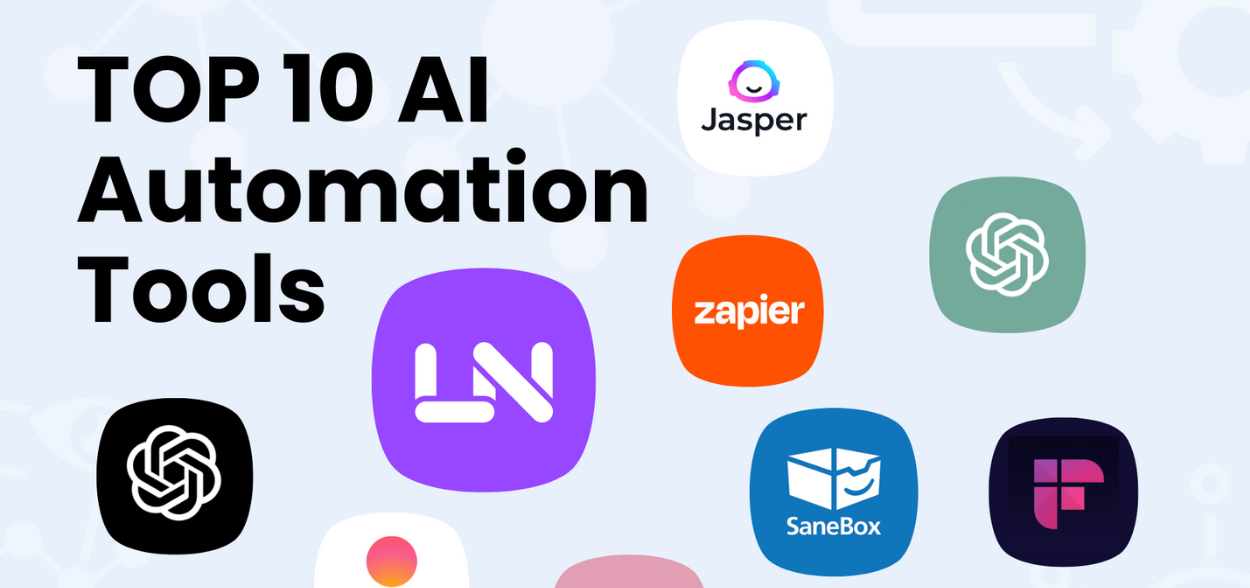



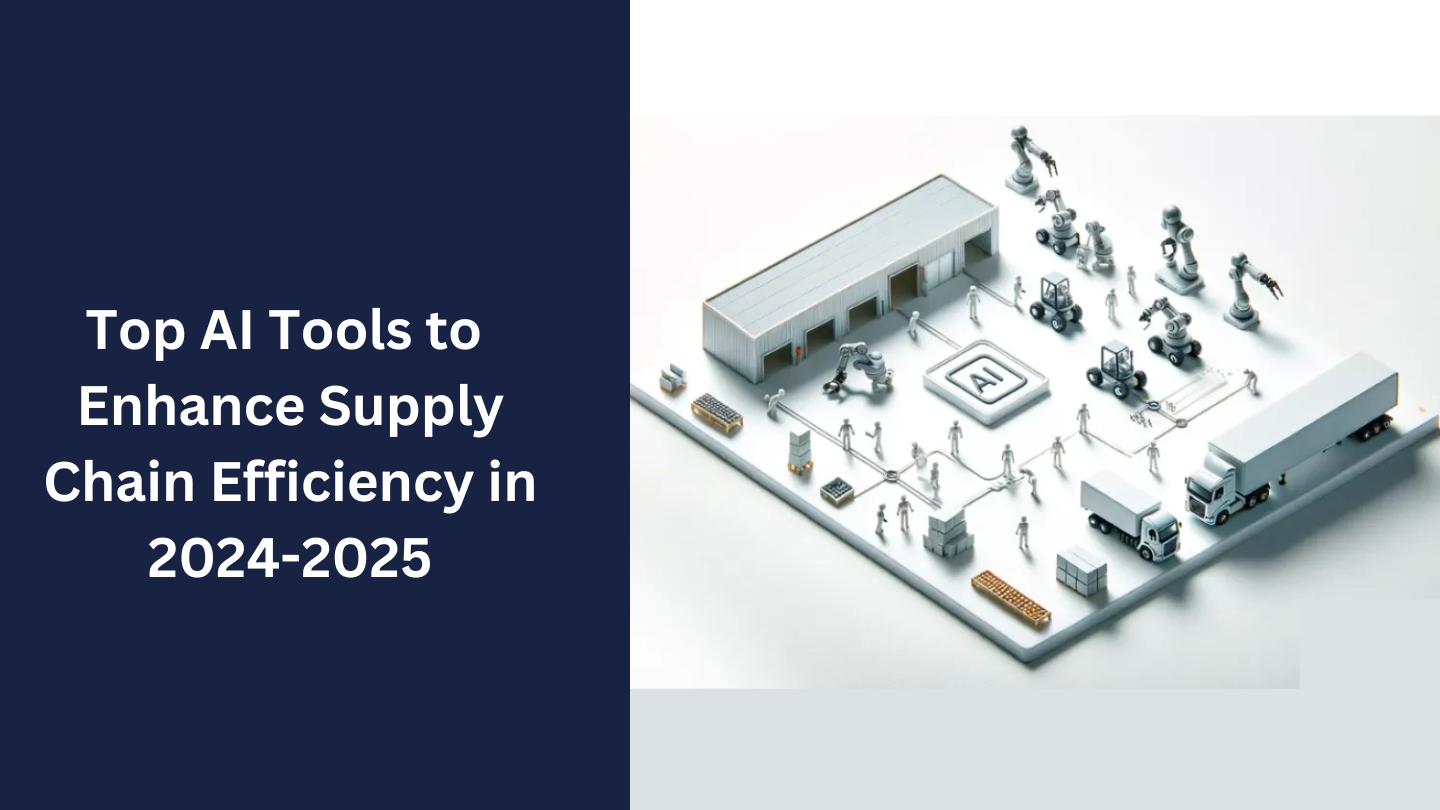
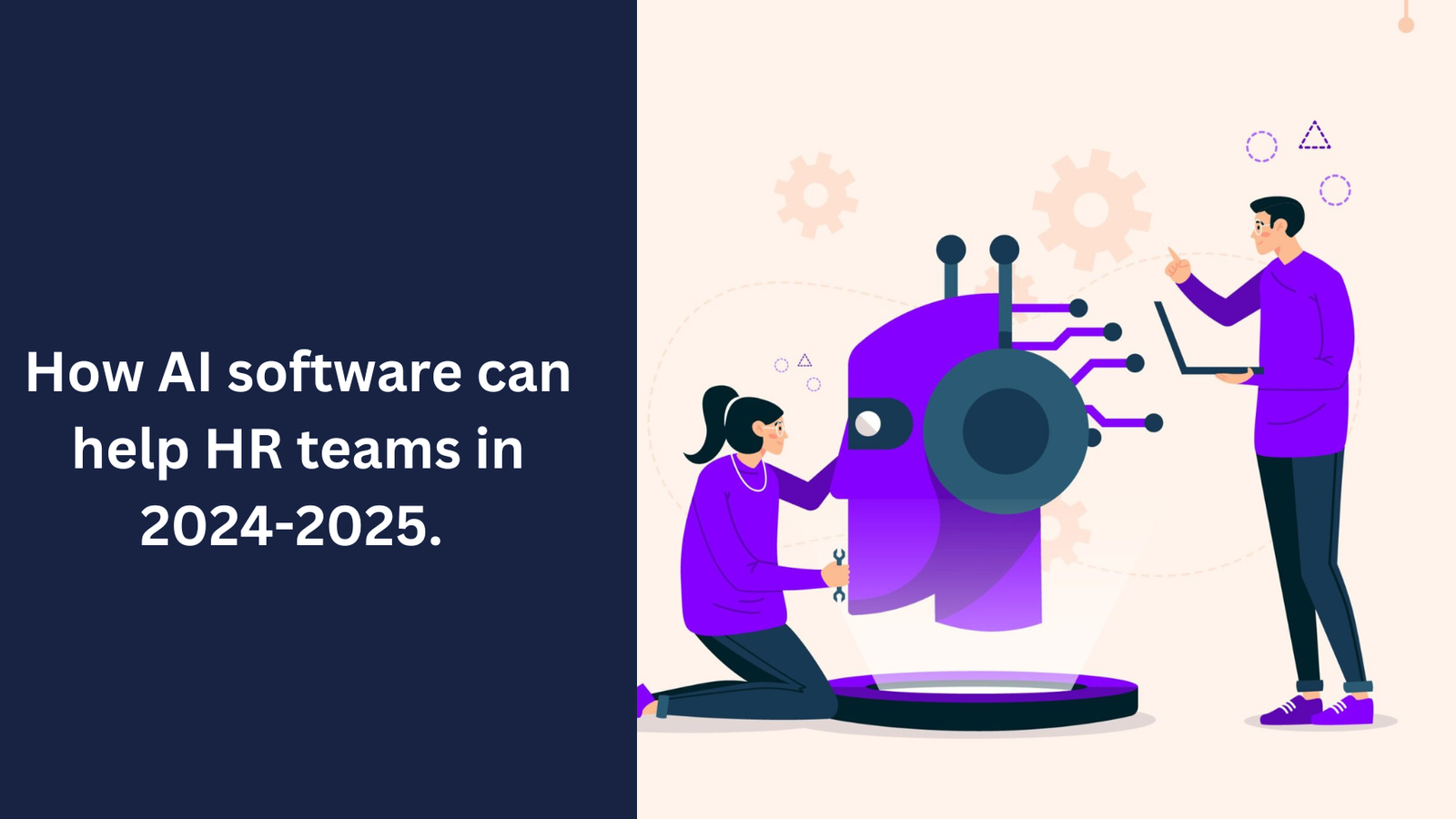

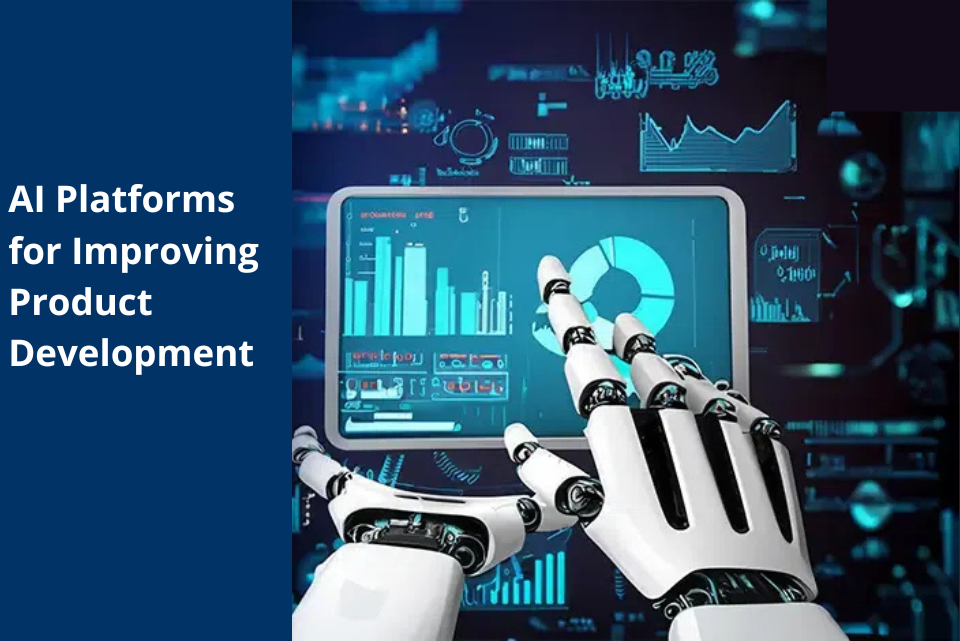
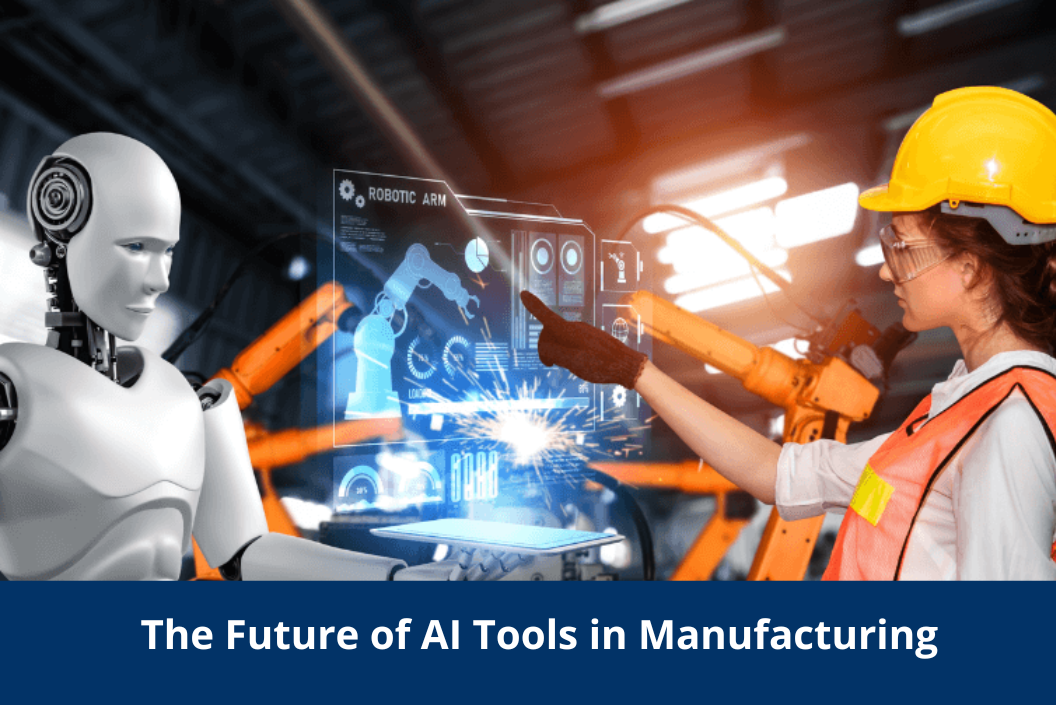
Pingback: Leveraging AI Tools for Digital Transformation in 2024-2025